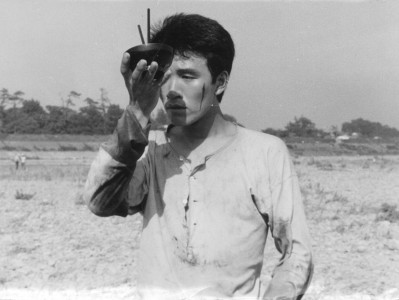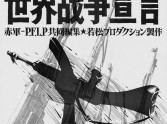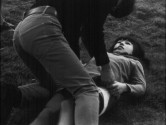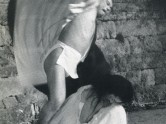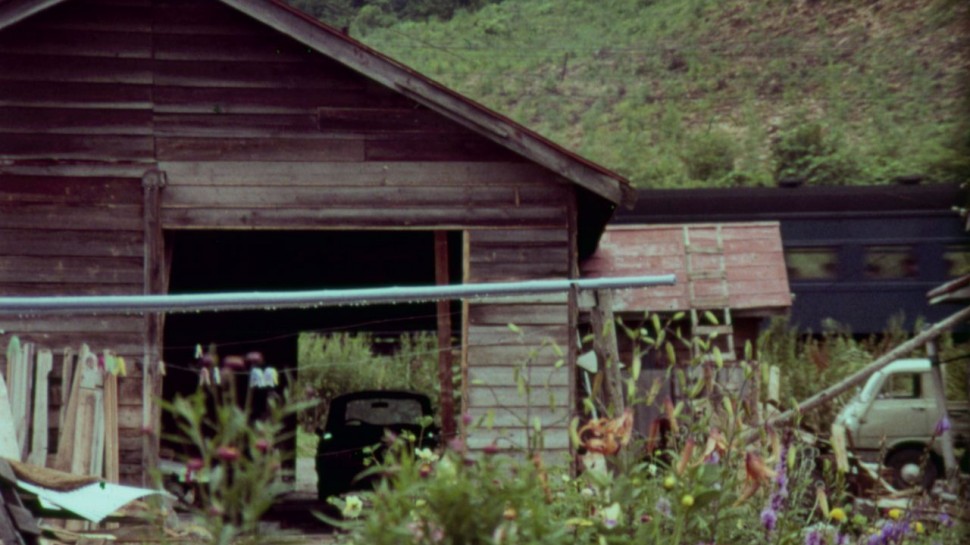
AKA: Serial Killer
(Ryakusho renzoku shasatsuma)
Japan, 1969, 35mm, color, 86 min.
Japanese with English subtitles.
Among Adachi's most audacious and chilling works, AKA: Serial Killer was the film that defined the "landscape theory" for which he is credited as one of the founders: the radical Marxist theory that the visible landscape around us, from its most picturesque to its most banal aspects, is a pure expression of the dominant political power. To demonstrate this theory embraced by a group of filmmakers and artists that notably included photographer Takuma Nakahira, Adachi focused on the story of a nineteen-year-old boy, Norio Nagayama, convicted for the 1969 murders of four people in four different Japanese cities. Led by Adachi's own sober voiceover reciting the facts of Nagayama's life, and accompanied by a bracing free jazz score, AKA: Serial Killer proceeds through a series of landscapes along the paths of the young killer's life and final rampage, an unrelenting, accusatory gaze fixed on the Japan nation itself as the environment that warped the young man into a frenzied assassin. Adachi's controlled structuralist film is often discussed for its anticipation of the topographical cinema of Straub-Huillet.
